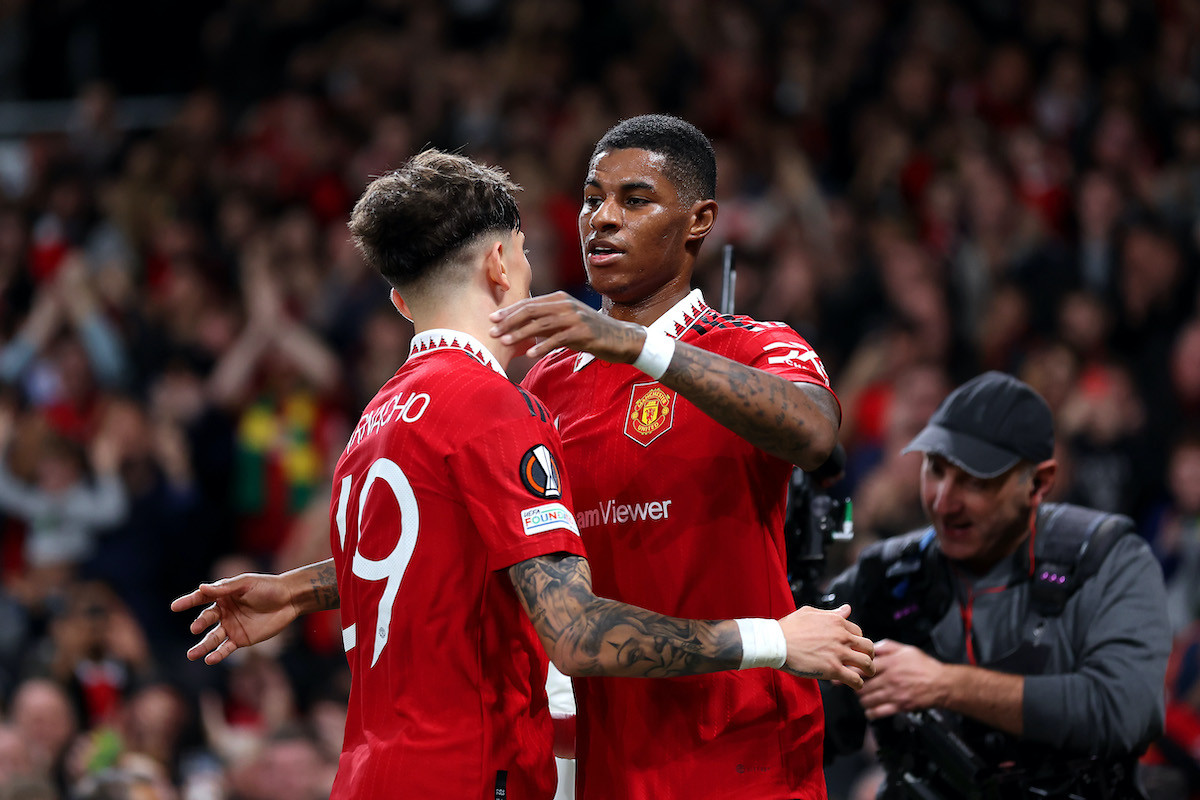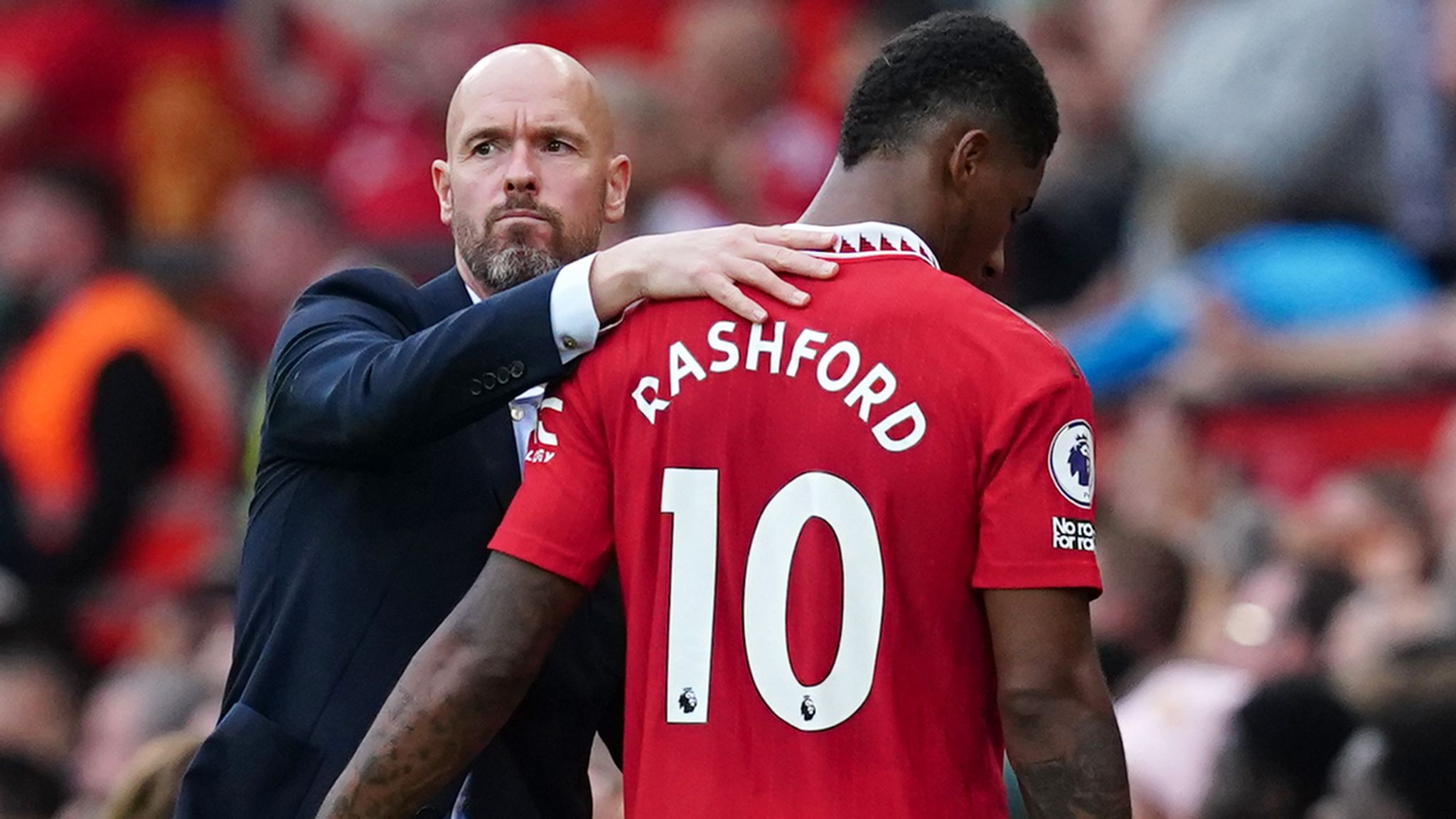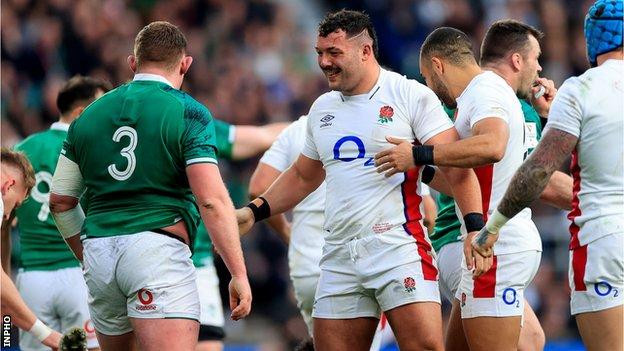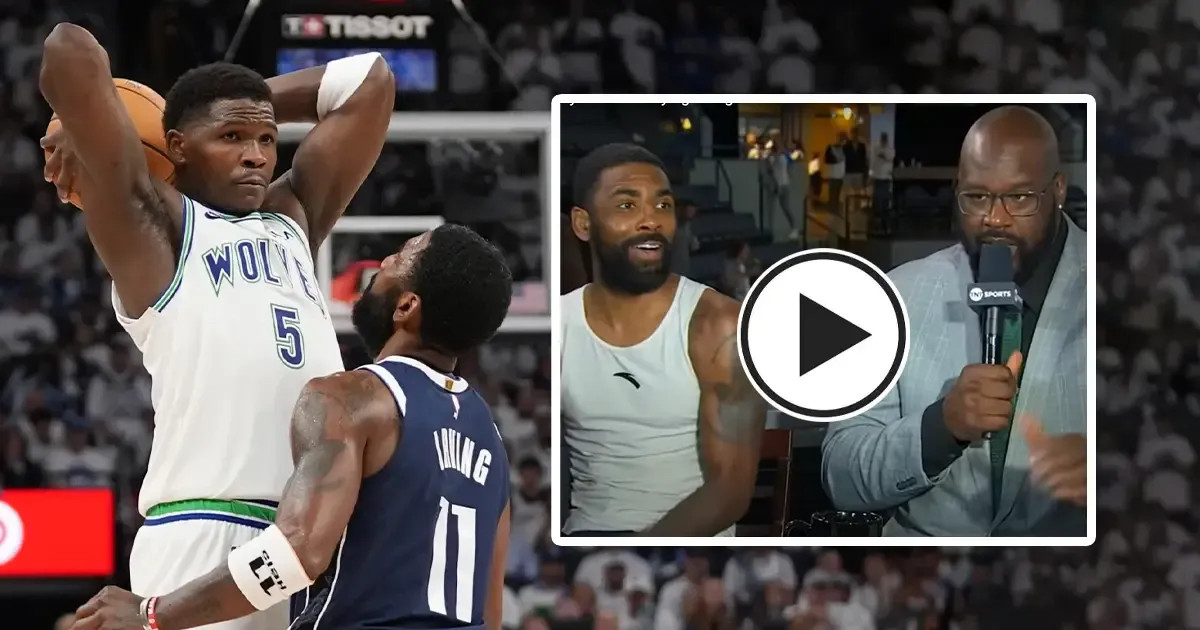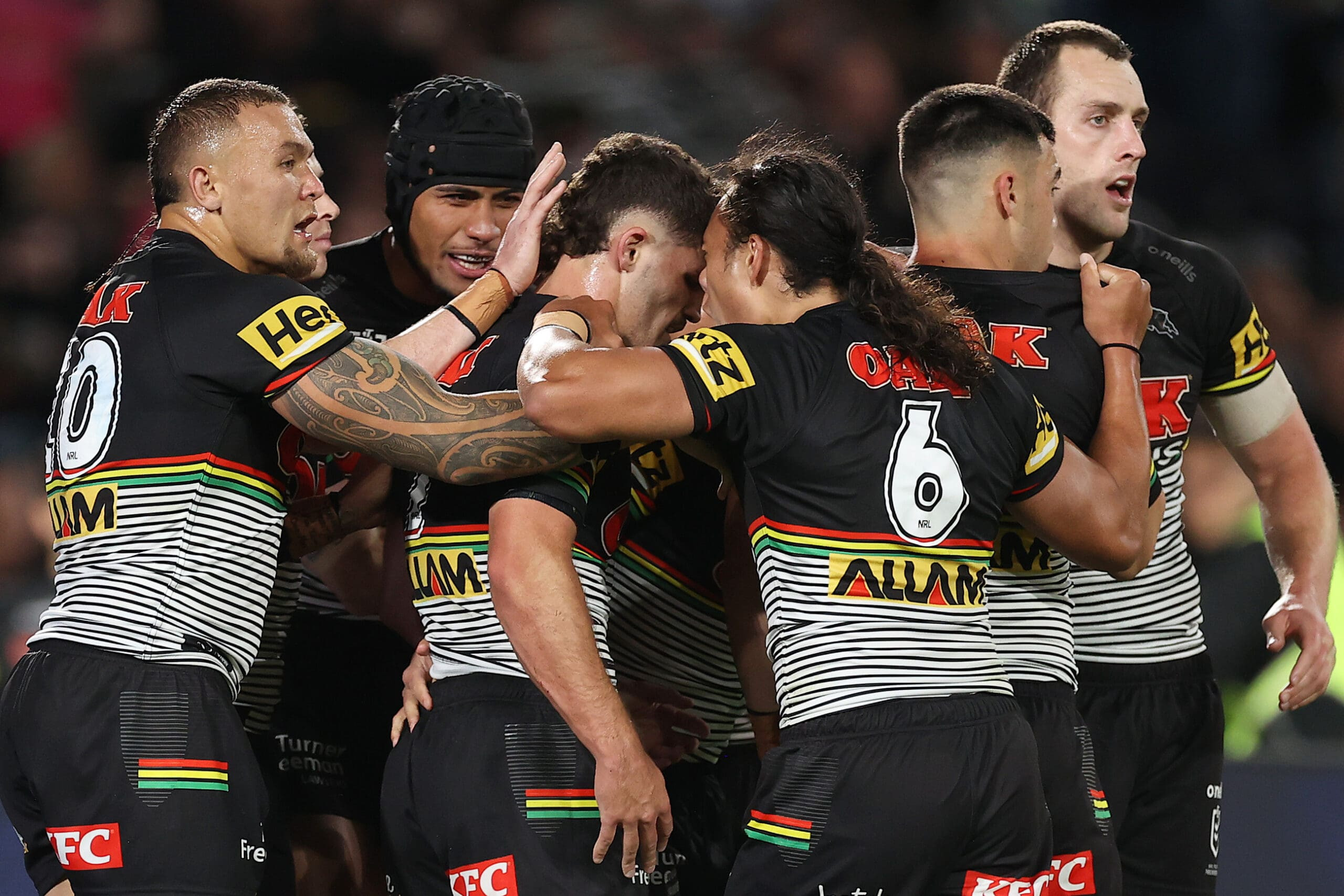Manchester Derby: A Tale of Two Cities
The Manchester derby, a fixture steeped in history and rivalry, unfolded on Sunday with unexpected twists and turns. For the first time in what feels like forever, neither team entered the match with the usual air of invincibility. Manchester City, the reigning Premier League champions, found themselves in a period of transition, struggling to recapture their usual dominance. Manchester United, having appointed Ruben Amorim as their new manager, were seeking to establish a new identity and escape the lower echelons of the league table.
Team News and Selection Surprises
The pre-match team news sent shockwaves through the footballing world. Ruben Amorim, in a bold and controversial decision, opted to leave out both Marcus Rashford and Alejandro Garnacho from Manchester United's matchday squad. This move sparked immediate speculation, with fans and pundits scrambling to understand the reasoning behind such a significant omission. Amorim's explanation, delivered with a characteristically cryptic smile, focused on performance, training and team engagement. He maintained that it was a purely objective assessment, a simple selection process, devoid of any hidden agendas. The omission was certainly damning, and this bold call undoubtedly shifted the momentum of the match before it even began.
Guardiola's Defensive Dilemma
On the City side, Pep Guardiola faced his own challenges. Injuries to key defenders, coupled with Rico Lewis's suspension, left him scrambling for solutions. The result was a makeshift backline, featuring Matheus Nunes unexpectedly filling in at left-back due to the lack of other suitable options. Guardiola's pre-match press conference revealed his frustration, acknowledging City's current struggles and need for improvement in several key areas, especially shooting and defending.
The Match: A Derby Unlike Any Other
The match itself was a far cry from the typical, high-octane derby. Both teams were clearly grappling with their respective challenges, and the overall quality of play reflected this. There was a lack of fluidity and cohesion, with the game lacking the usual intensity. City’s dominance in recent derbies took a surprising hit. While Manchester City did possess stretches of control, their attack seemed toothless for extended periods, underscoring Guardiola's concerns. This reflected in a somewhat low-scoring game for this classic rivalry.
Manchester United's New Era
For Manchester United, the derby served as a further test of Amorim's managerial mettle. His appointment marked a new chapter, a departure from previous eras and managerial styles. Amorim's short tenure had been marked by inconsistent results, a combination of victories and defeats that underscored the magnitude of the task ahead. This game was a testament to that, a stark illustration of his challenges and the work still required to build a cohesive and effective team. The team's recent league form certainly contributed to their more muted approach to the match.
City's Defensive Vulnerability
Even amidst Manchester City's struggles, certain players continued to demonstrate their quality. Phil Foden’s return from illness was welcome, and his movement in the attack was a positive light for City. Erling Haaland, as always, remained a threat, carrying his usual aura in the opposition's goal area. However, City's defensive vulnerabilities were readily apparent. Despite the best efforts of players like Ruben Dias and Josko Gvardiol, the lack of defensive depth and experience, compounded by the injuries and suspensions, created a sense of precarity.
Analysis: A Turning Point?
The Manchester derby, while not a spectacle in the traditional sense, offered a glimpse into the current state of both clubs. It highlighted the struggles and adjustments each team is undergoing, the internal battles for identity and form. It demonstrated a turning point, a shift in the balance of power, where neither team dominated, a testament to the ebb and flow of football, a statement that even the mightiest can fall.
For Manchester United, Amorim's bold decisions, while risky, showcased his willingness to embrace a new vision, to challenge conventions and prioritize a long-term strategy over short-term gains. He took a significant gamble, and only time will tell if this decision was a masterstroke or a significant misstep. The unexpected result of the match remains a compelling talking point for the weeks to come. For Manchester City, the result served as a wake-up call, a stark reminder of their vulnerabilities and the need for improvement to reclaim their position at the top of the league.
The match ended with a [Insert score here], but the real story wasn’t just the final whistle but also the events that led to that score, the context of the game, and what it potentially signifies for the rest of the season for both teams. The match was a compelling narrative, a story of two struggling giants, a testament to the unpredictable nature of football, and a compelling chapter in the ongoing Manchester Derby saga.




